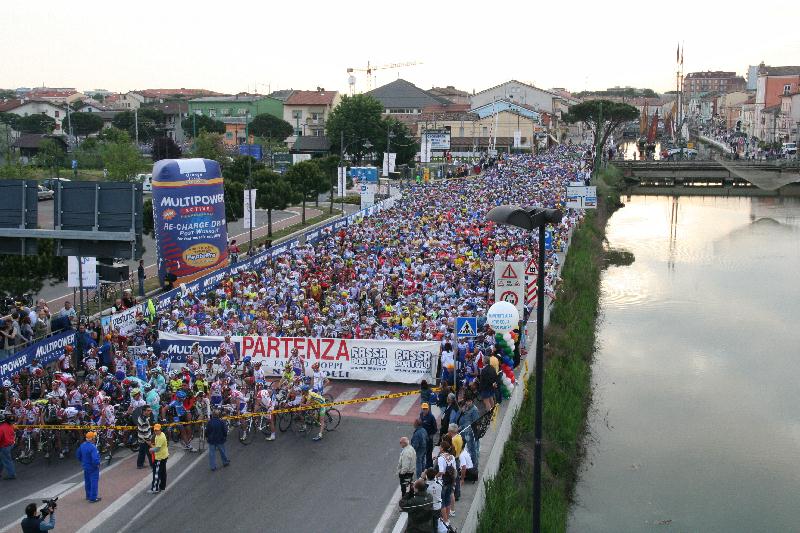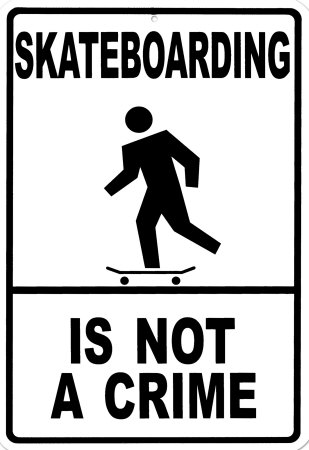
I’ve long wondered about the UCI ProTeam licence criteria. They rely on four pillars: sporting, ethical, financial and administrative but it’s a grey area. One example, we’ve seen teams like Pegasus can push back administrative deadlines whilst all along there’s no money secured. Or take the ethical component, it’s very hard to enforce, a suspect team can only really get ejected if senior management are directly implicated in scandal and even then it’s possible to keep the team going if the management changes, we saw this with Astana in the past.
Secret rankings
The sporting element of a team is determined by a points-based ranking system that has been kept secret… until now. Even teams and their sponsors did not know what was involved but lobbying by the teams has made the UCI open a bit here, after all teams trying to convince sponsors need to know the rules of the game, rather than sending off the paperwork and crossing their fingers that they’re ok. I’ve found this secrecy very odd and it’s something team managers openly criticised.
What’s interesting is that the UCI has given the scheme’s details to the teams. And a great scoop by Cyclingnews.com’s Daniel Benson and Stephen Farrand means they can reveal the way this works. The piece refers to the UCI saying:
The UCI has always refused to reveal the complex tables and points scales used to award the licences, claiming riders would use them when negotiating their contracts.
Just imagine that, a rider with points being able to negotiate with their team! This reticence by the UCI suggests the poor rider is a long way down the pecking order.
Read more










